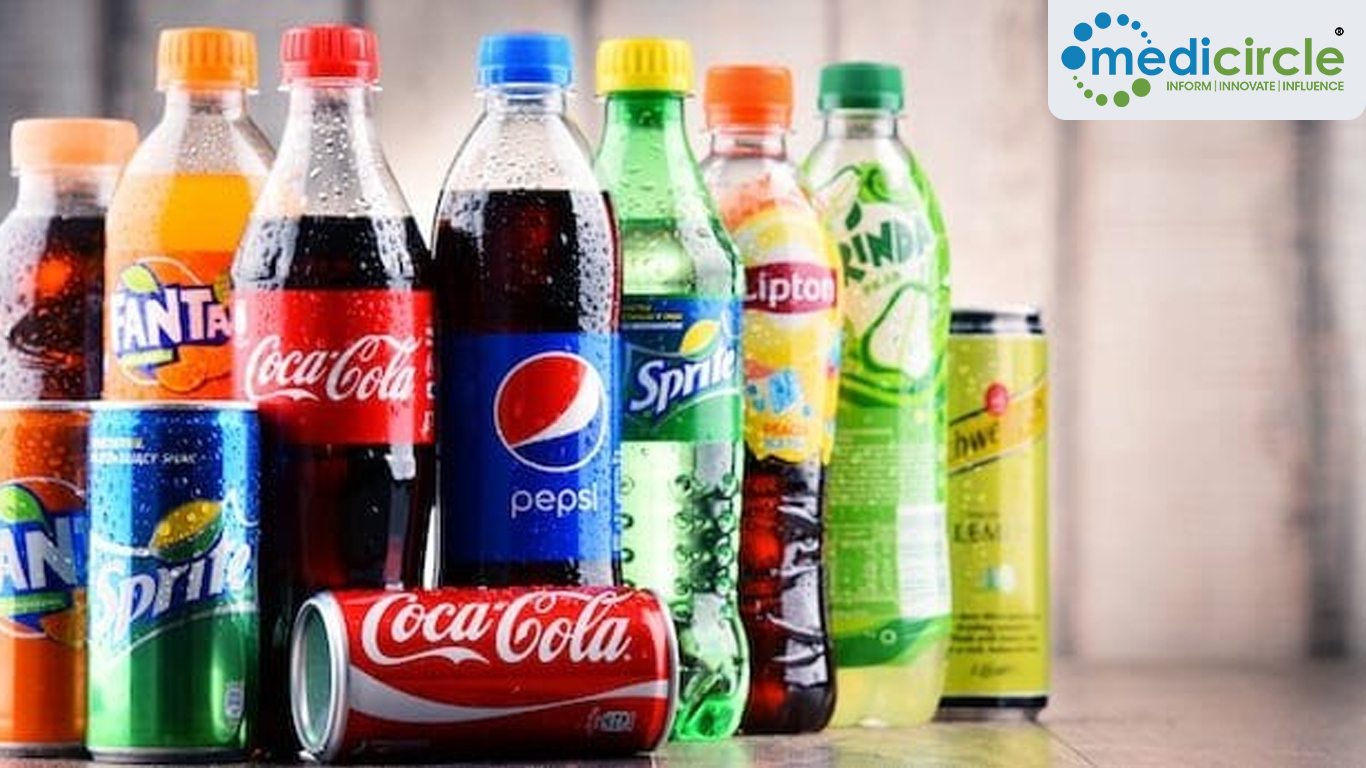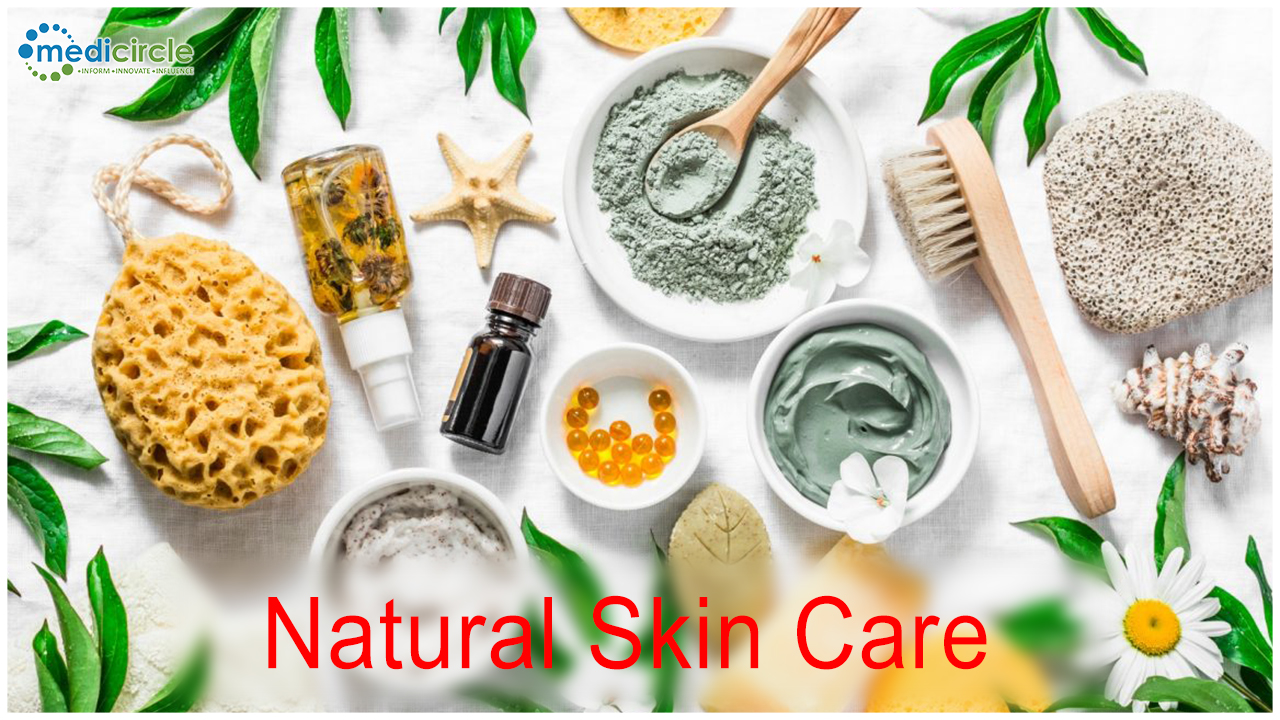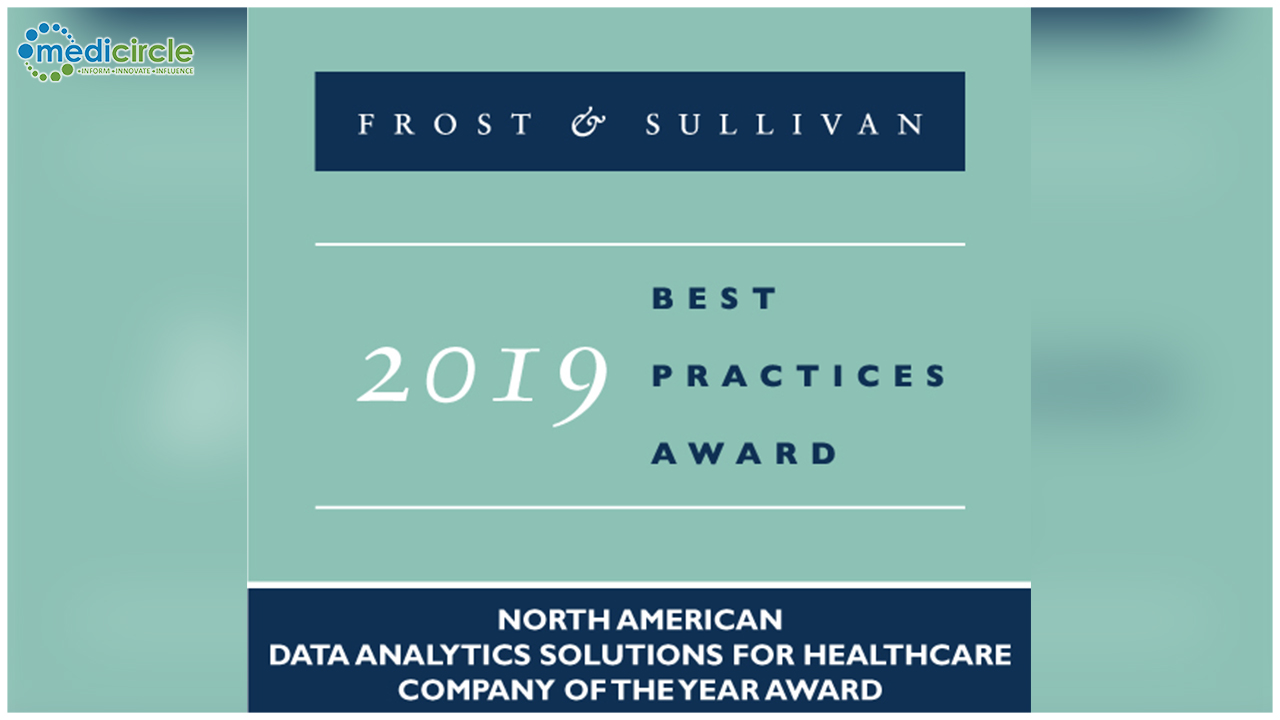It might be time to rethink your favorite drinks. While most of us enjoy beverages like soda, coffee, or fruit juice, new research suggests these everyday choices may be silently increasing our risk of stroke. A global study, co-led by researchers from the University of Galway and McMaster University in Canada, sheds light on how certain drinks might influence stroke risk and the findings are both surprising and alarming.
From fizzy drinks to coffee, the link between what we drink and our health is more profound than many realize. Let's dive into the latest research, providing you with the facts you need to make informed choices.
If you’re a fan of sodas or diet drinks, this section is for you. The research revealed that fizzy drinks, including both regular sugar-sweetened sodas and artificially sweetened alternatives like diet or zero-sugar varieties, are significantly associated with an increased risk of stroke. Specifically, drinking two or more fizzy drinks per day can raise your risk of stroke by 22%.
The findings indicate that this risk is not confined to just one region of the world. People in Eastern and Central Europe, the Middle East, Africa, and South America showed the highest rates of stroke linked to fizzy drinks. One explanation could be that these regions have experienced a sharp rise in the consumption of sugary beverages in recent years. But no matter where you live, the message is clear: excessive intake of soda, whether regular or diet, could be harming your health in ways you might not expect.
It’s easy to think of fruit juice as a healthy option. After all, fruit is full of vitamins and minerals, right? But the research warns against consuming too much of certain types of fruit juice, especially those that come from concentrates or are filled with added sugars and preservatives. These so-called "healthy" drinks can actually increase your stroke risk.
According to the study, women who regularly drink fruit juice are at the greatest risk. Fruit juice was linked with a 37% increased chance of stroke due to bleeding in the brain, also known as intracranial hemorrhage. The danger escalates significantly when drinking more than two glasses of fruit juice per day, tripling the risk of stroke. This finding emphasizes the importance of reading labels and being cautious of fruit juices that are heavily processed or marketed as "natural" but contain high levels of sugar.
Coffee lovers might find the research unsettling. The study discovered that drinking more than four cups of coffee a day could increase the chance of stroke by 37%. While lower coffee consumption did not show a significant connection to stroke risk, those who drink excessively could be at a higher risk than they realize.
Caffeine is known to stimulate the central nervous system, and while this can be beneficial in moderation, too much coffee may strain the body, particularly the cardiovascular system. The sharp increase in stroke risk for heavy coffee drinkers suggests that even our beloved morning routine might need a bit of moderation.
The news isn’t all bad, tea drinkers may actually be lowering their stroke risk. The study found that those who drink 3-4 cups of black tea daily could reduce their stroke risk by 29%. Green tea drinkers, on the other hand, also saw benefits, with a 27% reduction in stroke risk for those consuming 3-4 cups daily.
Interestingly, one crucial factor can spoil these benefits: adding milk. The study suggests that milk may interfere with the antioxidant properties found in tea, which are responsible for many of its health benefits. These antioxidants help protect the body from oxidative stress and inflammation, which are known to contribute to stroke and other cardiovascular conditions. So, while tea can be a protective drink, it’s best to enjoy it plain to reap the full benefits.
Among all the data, there was one beverage that consistently lowered the chance of stroke: water. Drinking more than seven cups of water per day was linked with a reduced risk of stroke caused by a clot, which is one of the most common types of stroke. Staying hydrated helps keep your blood vessels functioning properly, reducing the chances of clot formation.
While this finding may not come as a huge surprise, it serves as a reminder of the simple yet profound benefits of drinking enough water. In a world full of flashy beverages promising energy, flavor, or refreshment, it’s easy to overlook the fundamental importance of water for maintaining our overall health.
The research brings up an important question: why are some drinks, like fizzy drinks and coffee, linked to higher stroke risk, while others, like tea and water, seem to offer protection?
It comes down to the contents of these beverages and how they affect the body. Sugary drinks, both natural and artificial, are linked to inflammation and oxidative stress, which can damage blood vessels over time and increase the risk of clot formation or bleeding in the brain. The high levels of caffeine found in coffee can also stimulate the cardiovascular system excessively, putting strain on the heart and blood vessels.
On the other hand, tea, especially green and black varieties, contains powerful antioxidants called flavonoids. These compounds help reduce inflammation, improve blood flow, and prevent the buildup of plaques in the arteries, which are all factors that lower the risk of stroke. Additionally, staying hydrated with water supports the body’s natural ability to regulate blood pressure and circulation, further reducing stroke risk.
It’s also worth noting that stroke risk varies significantly by region. The study highlighted that people in Eastern and Central Europe, the Middle East, Africa, and South America face a particularly high stroke risk related to their beverage choices. Cultural preferences, access to healthcare, dietary patterns, and socioeconomic factors all play a role in these differences.
For example, in regions where sugary sodas and processed fruit juices are more widely consumed, the risk of stroke may be higher compared to areas where tea or water are more commonly consumed. Understanding these regional variations can help public health officials target interventions and promote healthier beverage choices in areas where stroke risk is highest.
So, what can you do with all this information? The answer is simple: make smarter beverage choices. If you’re someone who enjoys fizzy drinks or fruit juice, consider cutting back and opting for water, herbal teas, or unsweetened drinks instead. Moderation is key, and by limiting your intake of sugary or highly caffeinated beverages, you can significantly reduce your risk of stroke.
For tea drinkers, the message is encouraging keep drinking, but try to avoid adding milk to your cup. And if you’re a coffee lover, there’s no need to quit entirely, but be mindful of how much you’re consuming each day. Cutting back to just a cup or two may be enough to lower your stroke risk without sacrificing your daily pick-me-up.
Lastly, stay hydrated. Drinking plenty of water is one of the simplest and most effective ways to support your overall health and lower your risk of stroke.
The research is a wake-up call for anyone who enjoys sugary sodas, fruit juices, or even coffee. While these beverages may seem harmless, they can have serious consequences for your health, particularly when consumed in excess. On the flip side, making healthier choices like drinking tea or water can offer significant protection against stroke.
By understanding the impact of your beverage choices and making small adjustments to your daily routine, you can take a proactive step toward reducing your stroke risk and improving your overall health. Whether it’s cutting back on coffee or choosing water over soda, the changes you make today could have lasting benefits for your well-being.

 The research is a wake-up call for anyone who enjoys sugary sodas, fruit juices, or even coffee.
The research is a wake-up call for anyone who enjoys sugary sodas, fruit juices, or even coffee.




















.jpeg)


.jpeg)



.jpeg)
.jpeg)






.jpeg)





